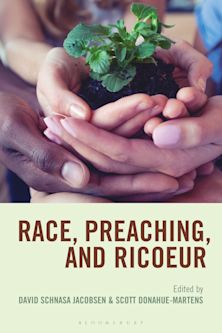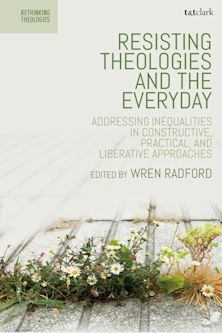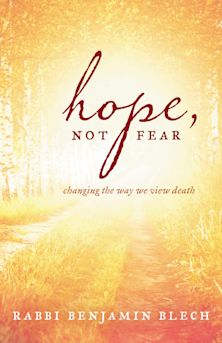- Home
- ACADEMIC
- Theology
- Theology and Society
- What Would Jesus Really Do?
You must sign in to add this item to your wishlist. Please sign in or create an account
Description
For many years many Christians have exhibited bumper stickers and wrist bands challenging themselves to live up to WWJD-What Would Jesus Do? Now Andrew Fiala, a professor who has encountered many such students in his classes, objectively assesses just what it actually is that Jesus does (and doesn't) say about the essential moral issues that face us today.
Andrew Fiala appreciates Jesus as a moral teacher with an ethical vision centered in love, generosity, forgiveness, tolerance, and peace. But he argues that it is often difficult to determine exactly what Jesus would say or do about tough contemporary issues, such as abortion, euthanasia, the death penalty, war, homosexuality, and politics. Hence, Fiala believes we need to engage in philosophical reflection and critical thinking to arrive at answers to today's ethical questions that Jesus never anticipated, such as those involving technology, scientific discoveries, ethical advances.
The book shows how philosophers and psychologists-from Kant and Mill to Nietzsche and Freud-struggled to make sense of the ethics of Jesus. The book concludes by arguing that we cannot pretend that Jesus and the Bible provide all the answers to our ethical dilemmas, although Jesus does provide perennial moral wisdom. Thus, Fiala shows that Jesus' moral teachings must be filled out with contemporary ethical reflection to determine what Jesus, as a moral ideal, would really do today.
Table of Contents
2 Humanism and Christian Faith
3 Jesus' Golden Rule: Altruism and Universality
4 Jesus vs. Joshua: Christian Virtues in Context
5 Jesus' Virtues: Peace and Love
6 Jesus and the Sanctity of Life: Abortion
7 Jesus and Care: Euthanasia
8 Forgiveness and Mercy: The Death Penalty
9 Sexuality and the Family
10 Slavery and Social Welfare
11 The Problem of Politics
12 Jesus and the Enlightenment
13 Sin, Grace, and Humanism after the Enlightenment
14 Anti-Christian Ethics in the 19th and 20th Centuries
15 Ethics Beyond Jesus
Product details
| Published | 20 Mar 2007 |
|---|---|
| Format | Ebook (PDF) |
| Edition | 1st |
| Extent | 216 |
| ISBN | 9798216293705 |
| Imprint | Rowman & Littlefield Publishers |
| Publisher | Bloomsbury Publishing |
About the contributors
Reviews
-
Andrew Fiala faces openly and powerfully the limits of the Bible when dealing with contemporary ethical issues. He asserts the respect for scripture does not require the literalization of time-oriented ancient texts which we then apply to complex modern problems. The result is an exciting book designed to challenge traditionalists and modernists alike.
John Shelby Spong, author The Sins of Scripture
-
I hope this book will be widely read by Christians, especially those who believe that so-called 'Christian Ethics' really is based on the sayings of Jesus as presented in the New Testament.
Peter Singer, author of The Way We Eat: Why Our Food Choices Matter and Writings on an Ethical Life
-
I avidly read this book in one sitting. It is a thoughtful and insightful appraisal of the ethics of Jesus in the light of contemporary humanism and rational inquiry.
Paul Kurtz, professor emeritus of philosophy, State University of New York at Buffalo, Chairman, Center for Inquiry
-
Fiala synthesizes years of teaching and debate into an objective ethics textbook. He carefully elaborates on Jesus's fundamental moral teachings, as articulated in the New Testament, and extrapolates from these principles a moral system extending to modern situations like abortion, euthanasia, the death penalty, human sexuality, and social welfare-situations unfamiliar to the historical Jesus. He also incorporates the ethical reflections of great philosophers and psychologists like Immanuel Kant, Friedrich Nietzsche, and Sigmund Freud. His concisely written and succinctly argued survey of ethical studies is complete with chapter conclusions, notes, and a helpful index.
Library Journal



































